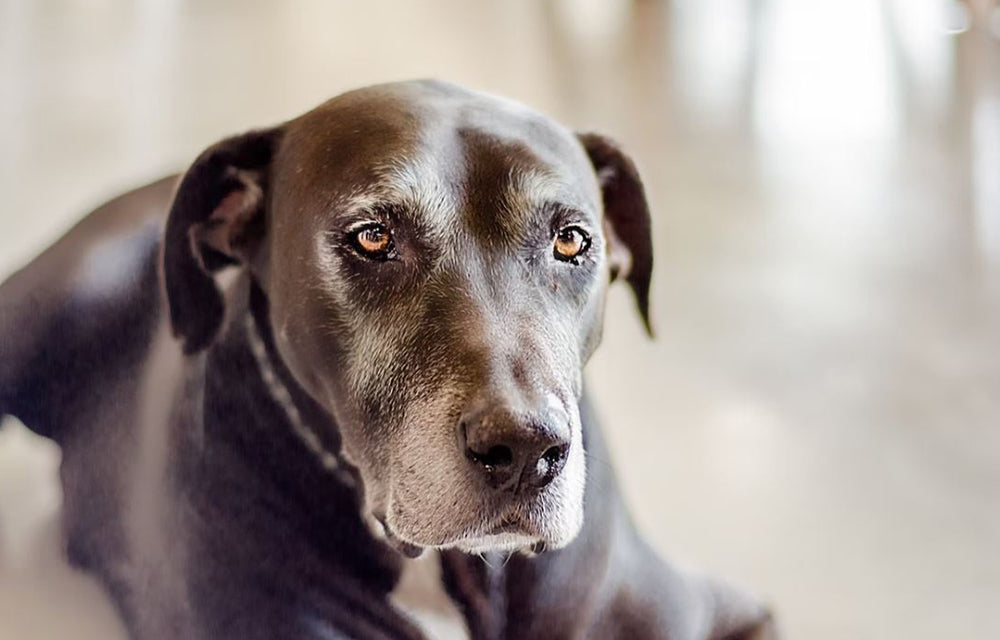Can Old Dogs Learn New Tricks?
It’s a question many dog owners have. Of course, most families bring home a puppy. At just eight weeks old, a puppy will open their eyes and begin to explore. This is the perfect time to start teaching basic obedience skills like “sit,” “come,” “down,” and “off.” However, not every dog is a young puppy! Sometimes, a dog will be rehomed,adopted, or rescued later in life.
This leads people to wonder, “Can you teach an old dog new tricks? Or do dogs stop learning past the age of two?”
Today, Abbidot canine experts are here to explain that…yes! Even older dogs with white hairs in their fur can learn new tricks, so long as they are taught with patience, love, and the right training tools.

At what age is a dog considered a senior?
So, you think you have a senior dog. But how can you be sure?
According to Canine Journal, the average dog’s lifespan ranges widely. Smaller dogs (such as a Chihuahua) can live between 12 – 20 years, whereas a larger dog (like a Great Dane) may only live 8 –10 years. As a result, the term “senior” is applied differently across breeds.
Generally, a veterinarian will consider your pooch a senior when their body shows physical and mental signs of age. This could include being less active, slower movements, hearing/vision loss, weakened bones and joints, etc.
What tricks can you teach an old dog?
Now, let’s talk about the fun part – how to teach an old dog new tricks!As mentioned above, there is nothing stopping an older dog from learning new tricks and obedience skills. That is because the canine brain is capable of learning forever. Research studies have discovered that contrary to popular belief, old dogs maintain cognitive function well into their senior years.
The myth that old dogs cannot learn new tricks is…false!
Plus, teaching a senior dog comes with many benefits. For example, it prevents boredom, promotes a healthy weight, and provides a special time for you to emotionally bond with your pet.
Here are 6 tricks anyone can teach a senior dog.
- Find it
- Back up
- Put toys away
- Open a door
- Fetch the paper
- Go to bed
Training tip 2: Furthermore, Abbidot recommends using high value treats for positive reinforcement. Treats should be low in calories but still tasty for your dog.
Since senior dogs often have sensitive teeth, feeding treats like shredded chicken, soft cheese, or cooked sweet potato chunks is a good idea.
Ready to teach your old dog some new tricks?
Abbidot offers products that use the latest findings in pet training and pet psychology. Check out our online store and don’t forget to visit our blog for more “paw-some” information.
Happy training!
